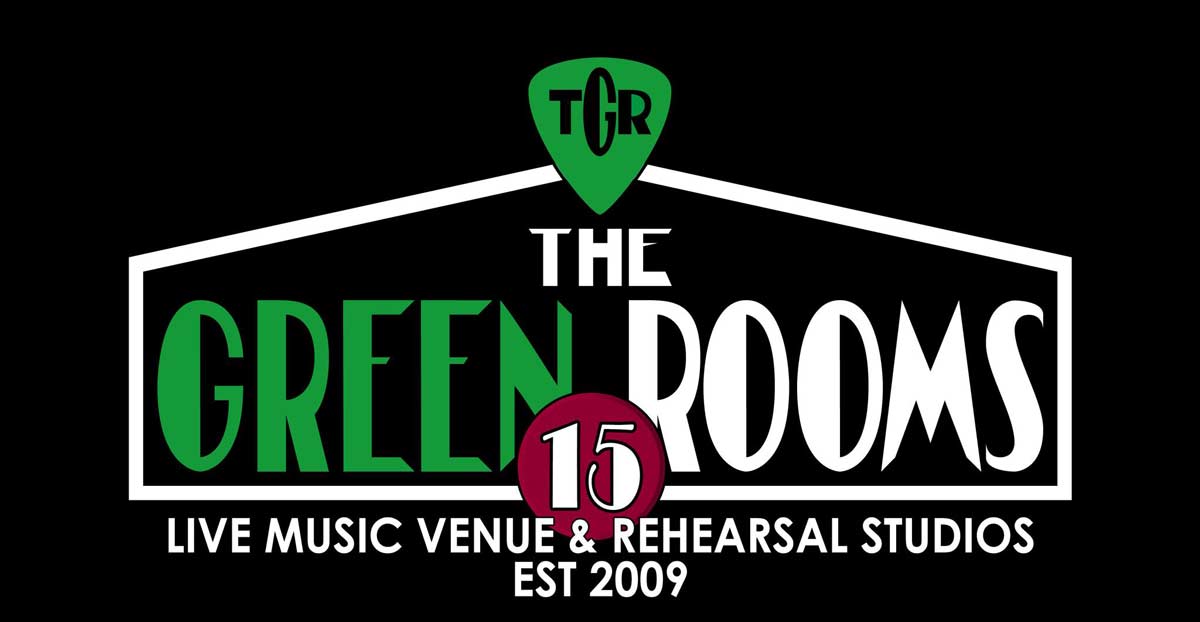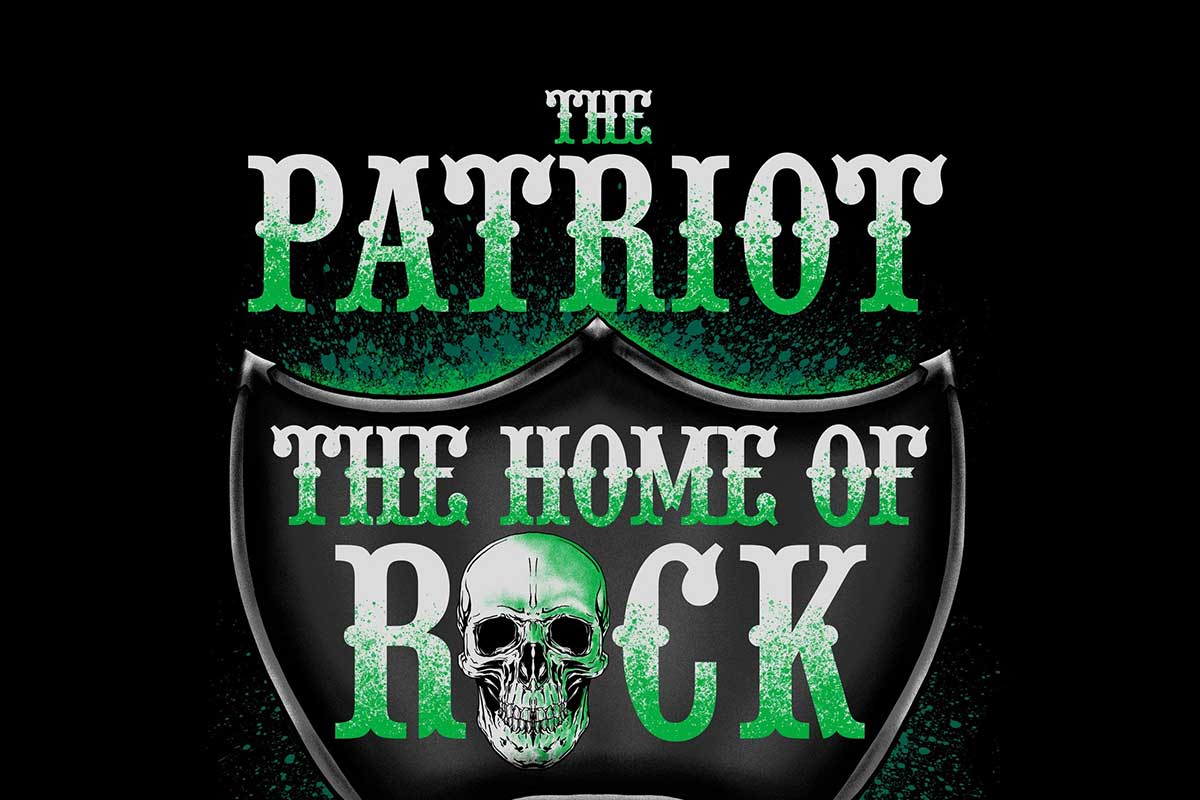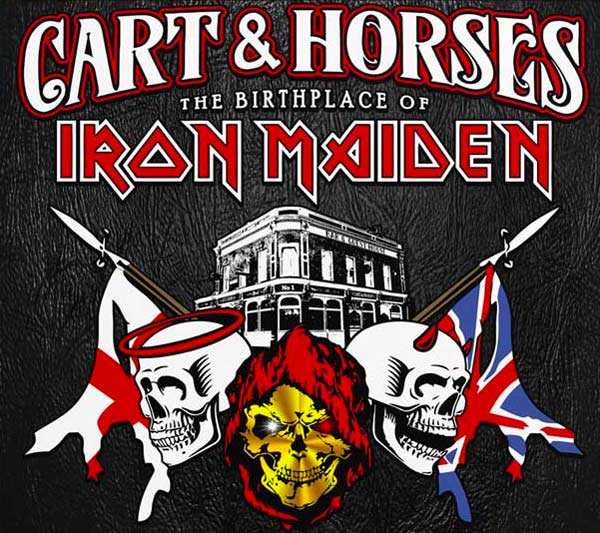Yes, that’s right. MetalTalk.net is the only Metal website to send a journalist to Japan in the wake of the Earthquake/Tsunami/Nuclear disaster to report on how the rock scene has been affected. Am I absolutely insane to come out here? Yes, quite possibly.
I’ll be honest with you, I’m not just here to report for MetalTalk. I work as Billy Sheehan’s bass technician on the Mr Big tour. They’re on a three week tour of gigs up and down the country. This isn’t a review of the Mr Big shows or a report on the disaster itself. But let’s get those two topics quickly summed up.
As I’m sure you’ve heard, on March 11th 2011 a massive earthquake struck just off the North East of Japan. The earthquake itself caused a lot of damage. Japan is probably the best equipped nation in the world to deal with an earthquake. They get them frequently, not usually of this magnitude, but their buildings are designed to deal with quakes, their people do not panic in a quake and their emergency services are prepared to respond to them.
The greater damage was done by a tidal wave that followed. It is no coincidence that we use a Japanese word, ‘Tsumani’ to describe a massive tidal wave. They’ve had them before but not like this in living memory. The tsunami was over 120 feet high in places and hit the Japanese coast around Sendai within minutes of the initial earthquake.
As I mentioned, the Japanese have systems in place to warn people of these things. Announcements are made over street tannoy systems and text messages are sent to everyone as soon as the trouble is detected. Nevertheless, the tsunami hit the Japanese coast long before full evacuation procedures could be put in place.
Over 25,000 people lost their lives in the initial impact of the tsunami. Men, women and children. Now think about if that was your hometown. That’s all your family, all your neighbours, everyone you went to school with. Everyone dead. You might want to sit back for a moment and imagine that scenario.
The authorities still list many as missing but there’s really little hope of any more survivors turning up. There was a miraculous case of a man found ten miles out at sea clinging to the roof of his house, but really all the others are gone.
Then as if it couldn’t get worse, the tsunami hit the nuclear power plants at Fukushima. The footage we saw on TV of the plants exploding were just the excess hydrogen gases going off. They’re a waste product of nuclear energy. The explosions did some damage but the real human damage is from the leakage of radioactive materials within the plants.
The only way to plug those gaps is to send guys in there to physically stop the leaks. Nuclear plant workers did that and are still doing that. Sure they’re wearing protective suits and sure they work in shifts to minimise their exposure to radiation but they’re still receiving way over the recommended healthy dose of radiation per day.
They won’t die today or tomorrow, but chances are they will develop early cancers and die long before the average human life expectancy. They know that. They are sacrificing themselves, and not just for the people of Japan but for the people of the world. If they don’t plug those gaps, the radiation will spread across the globe as it did at Chernobyl and far, far worse.
Well, that’s the bad news anyway.
As you probably also know, Mr Big are a great band. I’m not here to write a review of them but here’s some basic facts you should know about them. They are one of the best live bands ever. The band members, vocalist Eric Martin, guitarist Paul Gilbert, bassist Billy Sheehan and drummer Pat Torpey are individually some of the best in the business but more importantly they play and sing together incredibly well.
Whereas some collectives of great musicians somehow lose the plot when they get together these guys really rock, they groove and more importantly they write really good songs. If you’re not familiar with their work, pop over to YouTube and type in ‘Mr Big Budokan’ for a taster. Then go and buy their latest album ‘What If’.
Mr Big are massive in Japan. Loved by everyone here, they are mobbed in the streets and in return they genuinely care for their Japanese fans and for Japan itself.
Japanese TV report on the Mr Big Tour
I was booked to work on this tour long before March 11th. When I saw the news on that day, I thought “Oh, that’s our tour cancelled then” but no, Mr Big care too much. While every other Western band has cancelled their Japanese tours, Mr Big did not. It seemed like insanity to me.
Some outsiders saw this as a cynical move. “Oh, the poor people of Japan need time to recover, not a rock and roll band” was a phrase I often heard back at home. But in fact the opposite is true. The Japanese need to know the outside world cares about their plight.
Mr Big quickly recorded a special single, ‘The World Is On Its Way’, for this tour. All proceeds went to the thousands of people affected and made homeless by the disaster. The first pressing of the single sold out, so did the second. In addition they collected money at the concerts and donated money themselves.
By keeping their touring commitment, they have kept local venue, hotel and restaurant staff in work. The Japanese economy needs to keep running and without foreign investors they lose money. If tours are cancelled fans lose out on a night they have been looking forward to for months and venue staff lose out on business. Mr Big are keeping those people happy and in business. More importantly they are providing hope to re-build a future.
So how is Japan coping? The answer as seen from the ground is “amazingly well”.
We’ve toured up and down the country. Most places such as Osaka, Kanazawa, Fukuoka, Hiroshima and Nagoya in the South continue as before. The same applies for Sapporo in Hokaido to the North.
The planned concert for Sendai had to be cancelled. Half the town is now missing. The concerts in the Iwate Prefecture and nearby Akido went ahead. This was despite warnings of severe aftershocks.
I’ll be honest, I was terrified. I’ve never been in an earthquake zone before. We have it so easy In the UK. We have no volcanoes, no hurricanes and no regular earthquakes. The idea of the ground moving had me wetting my pants.
When we arrived in Nagoya there was a letter in out hotel rooms. I’ll quote from it, the capitals and under-linings are their own.
“Due to the HIGH risk of further earthquakes and aftershocks, wherever possible, we recommend you to stay in or near the hotel building. If a tremor occurs please stay calm and listen carefully/follow instructions as they are announced.”
Shit! Really? As it happened, we felt our first proper quake in Iwate. The room shook for about ten seconds, but really quite small, just like if you live next to a train track. This is what happens normally in Japan and they’re quite used to it.
Remember, it was the tsunami, not the earthquake that caused most of the damage on March 11th.
On the morning of our Akita show, Nori, the Japanese production manager greeted me in the morning with “Did you feel last night’s quake about 4am? It was quite a big one, far away but quite big”.
My honest answer was “No, I slept through it, thanks to the power of Kirin beer”. Although I had wondered why my stuff was on the floor next to the table that I’d left it on the night before.
“Keep drinking then” he said ominously.
Since then, we’ve had a few more aftershocks. One other I’m ashamed to say I missed entirely because although I was awake I’d had a few beers with Jason the guitar tech and the room was spinning anyway. I know it sounds frivolous but these aftershocks are really not too bad. Oooops, we’ve just had another one while I’m writing this. Again just a short wobble.
As for the leaked radiation. Certainly one should keep clear of the irradiated areas within 80km of Fukoshima as recommend by Japanese and American studies and I wouldn’t recommend swimming in the seas nearby but levels of radiation as monitored across Japan as a whole are less than those emitted by standard television screens. So, hey, I’ve saved a load by not watching much TV!
And that’s the point really; turn your telly off now. I saw on the news back home that Tokyo was suffering a shortage of bottled water. There may well have been a shortage at some point but within two weeks of the quake, when I was there, there was no real shortage. Most of Japan is back to normal. The Japanese are a nation of hard workers and they bear hardship well. It’s all mostly fine here.
I say “mostly” because there are still thousands of displaced people who cannot return to their homes, either because of the tsunami flooding or the radiated areas. It will take years to re-build these people’s homes. Their lives can never be the same again. They have lost everything. More than you or I can imagine.
I was told that in Sendai, many schools received the tsunami warning early and managed to evacuate to higher ground. Many businesses did not. This has left thousands of children orphaned as their parents drowned while they survived.
If you want to to help you can donate to The Japanese Red Cross by clicking here…







